Today's book of poetry:
Tiger Heron. Robin Becker. Pitt Poetry Series. University of Pittsburgh Press. Pittsburgh, PA. 2014.
![]()
![]()
Robin Becker looks straight at the failures of our human species, yet never loses her compassion or reduces the complexities and paradoxes to easy conclusions. Deftly, precisely, these poems express their wisdom in lines that surprise and delight. They are clear as open windows through which we see our lives.”
Tiger Heron. Robin Becker. Pitt Poetry Series. University of Pittsburgh Press. Pittsburgh, PA. 2014.

Today's book of poetry is heartened by the moments of quiet celebrations Robin Becker finds again and again in Tiger Heron. It is hard to deal with aging, the dead and the dying but Becker takes it head on and renders some peace out of the harrowing process.
Tiger Heron covers some big ground in short order. There are Yiddish lamentations to consider, unwanted dogs roaming the pages, an unwieldy horse sculpture being dismantled for transport and a Civil War re-enactment with cross-dressing scouts and friends, that is just the tip of the perverbial ice-berg.
Late June Owl
They say it's a bad
summer for ticks, a good summer
for day lilies
(Quality control likes
to measure and evaluate
with continuous monitoring)
They say my friend
has a few weeks, maybe a month
but you never know
As the raptor people know
how to keep the orphaned
screech owl before release
may his keepers
open the airy nets of their patience
when he tries them
They say the screech owl's trill
has more than four
individual calls per second
They say they can
barely hear his voice, more like wind
than words
They say the owlet will leave
the open cage when fully flighted
and capable of hunting
They say the dying
will sometimes wait until everyone
has left the room
...
Becker laments ecological with eloquence and subtle power in poems about mushrooms and flying squirrels and these are poems worth knowing. Becker is laying some very deep tracks with Tiger Heron, and once you've read it you realize that the biggest strength is consistency, making you laugh or cry is easy but having these poems roll across the page as steady as cars on a train makes you take notice. These poems are big and strong, solid like they were built of iron. You can almost hear them rumble.
Becker is full of surprises, she is quite happy to make you smile before she drops the hammer. She does not lack for humour.
The Weight
for Jill Morgan
If some true measure of my mother's
sorrow lay in each ounce of vermeil and gold,
then I could, bracelet by bracelet,
account for years of sadness.
and so I took the box
to the floor, to hold and smell
each piece, invoking the plate glass jeweler's
windows and then the jolt of possession
when my father pointed to a ring or
necklace pinned to a velvety cushion.
Sometimes, aboard a cruise ship, he'd get the urge;
sometimes, flushed, after winning at the track.
She never went for the most expensive
things like some girls do, he said after she died.
I sat there, cupping in my palms the stories,
my hands sinking with the weight.
...
It's easy to get weighed down with family melancholia but Becker deftly avoids that trap by never becoming sentimental. And besides, there are scuba diving in the Dominican Republic poems one minute and a climb towards a mountain summit poem the next, lovers get left behind or they leave.
It's all in the same fine tone as Becker sifts through our emotional dance in her search to give it words.
Today's book of poetry is convinced Becker is doing an exceptional job. The best poems make the personal universal, speak to us all, we think Becker nails it.
Threesome Interval
That summer my cooking exceeded
all expectations.
I excelled in tagine of chicken with olives
and a curried Thai soup.
We biked to yoga at six a.m.,
biked home virtuous
and clarified. Was it the Prozac? The new
puppy glorious in red curls?
Your new man, the Scrabble champ? Even
the wild blueberries astonished.
In Shelburne Falls, from the viewing platform
we admired the glacial potholes
ground from granite by snowmelt and gyrating
stone. Swirls marbled
the rock with a natural patina. We kept
our composure,
despite hundred of millions of years
whirlpooling abrasion.
Arriving at the Walt Whitman party, in great spirits,
I wondered: might we try a trip to Rome?
At the tag sale, he found a first edition
of Frost, and you snagged
a Henckels knife. We didn't deserve such
good luck, but luck found us anyway.
...
Robin Becker knew long before the experts, long before they made it public, luck accounts for a big slice of the pie. We are all one second, one false move away, from a new and different life. We are riding a narrow and precarious ledge.
Tiger Heron made for a spirited read this morning here at Today's book of poetry. Milo, our head tech laughed and then he cried. Kathryn, our new intern, cried and then she laughed. Robin Becker made them do that.

Robin Becker
ABOUT THE AUTHOR
| Robin Becker, Liberal Arts Research Professor of English and Women’s Studies at the Pennsylvania State University, is the author of seven poetry collections, includingDomain of Perfect Affection, The Horse Fair, Giacometti’s Dog, and All-American Girl, winner of the Lambda Literary Award. In 2002 the Frick Art and Historical Center in Pittsburgh published Venetian Blue, a limited-edition chapbook of Becker’s art poems. She is the recipient of fellowships from the Bunting Institute, the Massachusetts Cultural Council, and the National Endowment for the Arts. In 2000 she received the George W. Atherton III Award for Excellence in Teaching from Penn State, and from 2010 to 2011 she served as the Penn State Laureate. For the Women’s Review of Books, Becker edits poetry and writes a column on poetry called “Field Notes.” BLURBS“Becker's Tiger Heron, rich with animal life from the flying squirrel and prairie dog to inhabitants of the coral reefs of the Caribbean, expresses outrage and grief over the ongoing destruction of these ecosystems. A moving poem deals with homophobia, another celebrates Yiddish, ‘a mongrel, Middle High German.’ These vivid, self-confident lyrics ranging from villanelle to couplet deserve close reading.” —Maxine Kumin, Pulitzer Prize winner |
Robin Becker looks straight at the failures of our human species, yet never loses her compassion or reduces the complexities and paradoxes to easy conclusions. Deftly, precisely, these poems express their wisdom in lines that surprise and delight. They are clear as open windows through which we see our lives.”
—Ellen Bass, author of The Human Line
“Robin Becker’s poems have the limpid clarity of an early Flemish painting, the crisp details always fusing into a larger illumination. Complicated loss, unsparing truth, animal grace, small comforts—her deft and daring language yields them all up fresh, the paint still wet.”
“Robin Becker’s poems have the limpid clarity of an early Flemish painting, the crisp details always fusing into a larger illumination. Complicated loss, unsparing truth, animal grace, small comforts—her deft and daring language yields them all up fresh, the paint still wet.”
—Alison Bechdel, author of Fun Home
“The surprise of this book is that the poems are actually stories—about devotion and death and decay—but somehow they’re not sad stories. Because in all of them, Robin Becker reaches into the shadowy corners of love and pulls out feelings I didn’t even know I wanted named. I didn’t know you could sneak so much life into poems about death.”
“The surprise of this book is that the poems are actually stories—about devotion and death and decay—but somehow they’re not sad stories. Because in all of them, Robin Becker reaches into the shadowy corners of love and pulls out feelings I didn’t even know I wanted named. I didn’t know you could sneak so much life into poems about death.”
—Sarah Koenig, producer, This American Life
Robin Becker
"Solar," a poem by Robin Becker, 2010-11 Penn State laureate
Video: Penn State University
464
DISCLAIMERS
Poems cited here are assumed to be under copyright by the poet and/or publisher. They are shown here for publicity and review purposes. For any other kind of re-use of these poems, please contact the listed publishers for permission.
We here at TBOP are technically deficient and rely on our bashful Milo to fix everything. We received notice from Google that we were using "cookies"
and that for our readers in Europe there had to be notification of the use of those "cookies. Please be aware that TBOP may employ the use of some "cookies" (whatever they are) and you should take that into consideration.
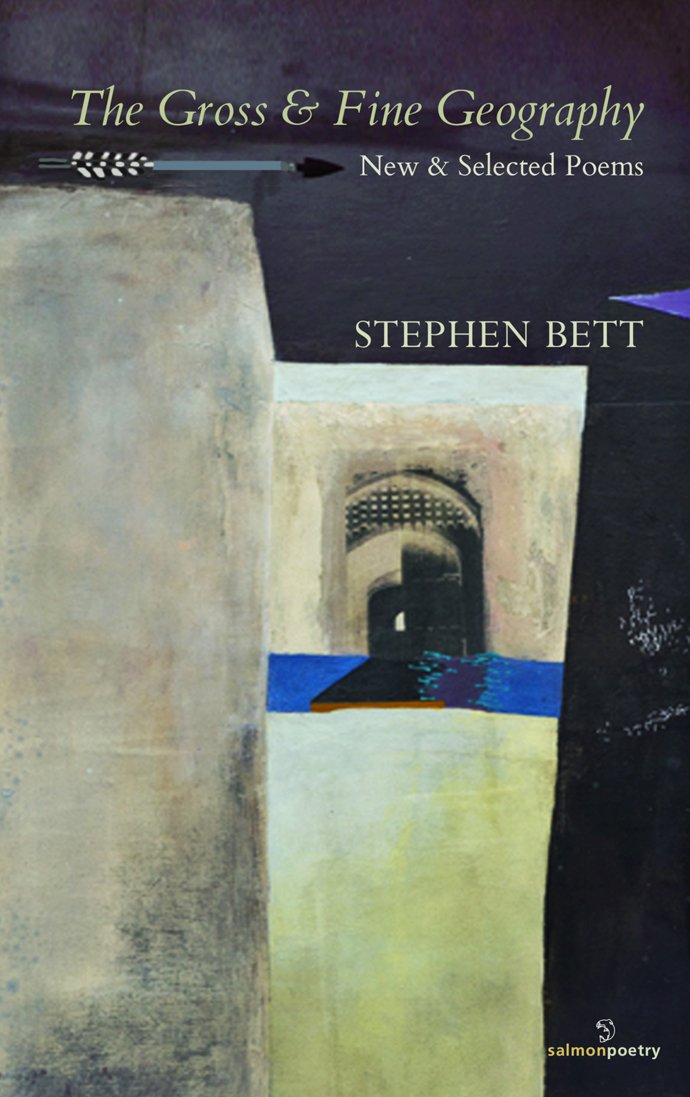








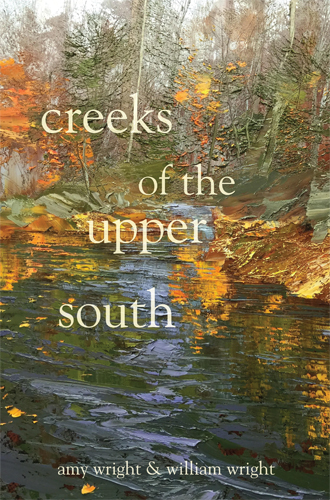

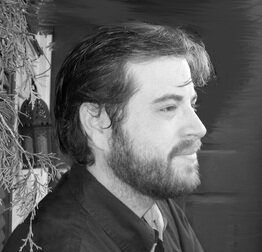
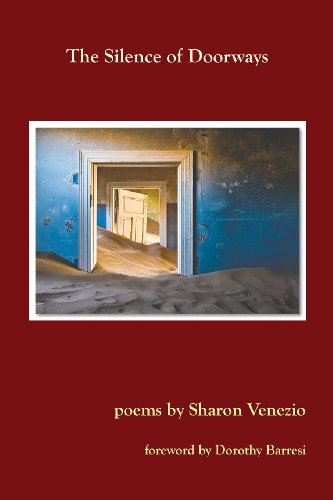









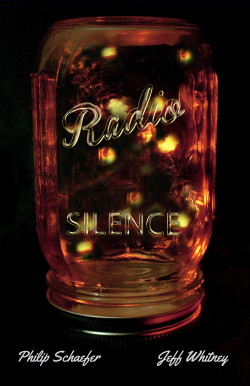



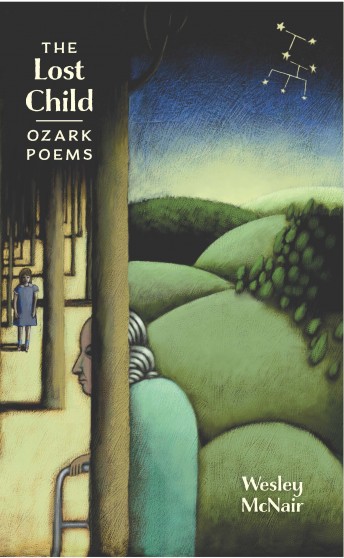





![De Dominic [Nov 2015]](http://newmichiganpress.com/det_dedominic.jpg)



